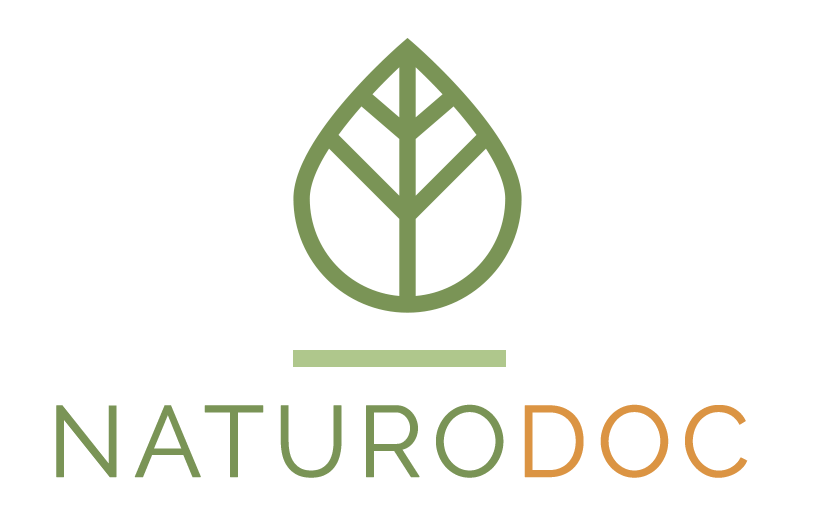Nourishment from Traditional Foods
By Dr. Thomas Stearns Lee, NMD
Sally Fallon has written a book that challenges politically correct nutrition and shows how our ancestors prepared foods that are nourishing. Here are some lists of foods to choose and those to avoid. For more information, the synthesis of her extensive research, and recipes for these foods as well as sources for ingredients used, get her book Nourishing Traditions, published by ProMotion Publishing, 1-800-231-1776; also available from the Price Pottenger Nutrition Foundation, 619-574-7763.
Eat a varied diet of foods chosen from the Nourishing Traditional Foods category. The proportion of animal foods, grains, dairy products, fruits and fats you choose will depend on your ethnic heritage, your constitution, your age, your occupation, the climate in which you live, and your specific food sensitivities and allergies. Healthy people can eat foods in the Compromise Foods group occasionally in moderate amounts. New-Fangled Foods are best avoided by everybody.
Nourishing Traditional Foods
Proteins: Fresh, organically raised meat including beef, lamb, game, chicken, turkey, duck and other fowl; organ meats from organically raised animals; seafood of all types from deep-sea waters; fish eggs; fresh, organic eggs; fermented soy products.
Fats: Fresh butter and cream, preferably raw and cultured; beef, lamb, chicken and duck fat; extra virgin olive oil; unrefined flax seed oil in small amounts; coconut oil and other tropical oils.
Dairy: Raw, cultured organic dairy products such as yogurt, goat milk, kefir, and raw cheese.
Carbohydrates: Whole-grain products properly treated for the removal of phytates such as sourdough and sprouted grain bread, soaked or sprouted cereal grains; soaked and fermented pulses and legumes including lentils, beans, and chickpeas; sprouted or soaked seeds and nuts; fresh fruits and vegetables; fermented vegetables.
Beverages: Filtered, high-mineral water; lacto-fermented drinks made from grain or fruit; herb teas; meat stock and vegetable broths.
Condiments: Natural sea salt; raw vinegar; spices; and fresh herbs.
Compromise Foods
Protein: Pork, shellfish, fresh or shallow-water fish, commercially raised beef, lamb, turkey and chicken; barbecued or smoked meats; battery-farm eggs, tofu.
Fats: Unrefined peanut and sesame oils; lard.
Dairy: Raw, uncultured milk; pasteurized cultured milk products; pasteurized cheeses.
Carbohydrates: Whole grains not treated for phytates such as quick-rise breads and pasta; unbleached white flour; canned pulses; thin-skinned fruits and vegetables imported from long distances; canned tomato products; well-cooked, unsprayed seaweeds; natural sweeteners such as honey, maple syrup, sucanat, and date sugar.
Beverages: Wine or unpasteurized beer in moderation with meals; diluted fruit juices.
Condiments: Commercial salt; pasteurized vinegar; canned condiments; soy sauce made with commercially refined salt.
New-Fangled Foods
Protein: Processed meats containing additives and preservatives such as luncheon meats, salami, and bacon; hydrolyzed protein and protein isolates; soy milk.
Fats: All highly-processed vegetable oils, margarine, tub spreads and vegetable shortenings; fat substitutes; deep-fried foods; low-fat products.
Dairy: Pasteurized, homogenized commercial milk; ultra-high-temperature cream and milk; processed cheeses.
Carbohydrates: Bleached and “fortified” white flour products; commercial dry cereals; granolas; refined sugar in all forms such as dextrose, fructose and corn syrup; irradiated fruits and vegetables; most canned products; chocolate.
Beverages: Soda pop; distilled or pasteurized alcohol products; full-strength fruit juices; coffee, tea and cocoa.
Condiments: Commercial baking powder; MSG; artificial flavors, additives and colors; chemically produced food preservatives; aspartame.
Suggested Reading
NaturoDoc recommends Nourishing Traditions: The Cookbook that Challenges Politically Correct Nutrition and the Diet Dictocrats by Sally Fallon with Mary Enig, Ph.D., Revised Second Edition, 2001. Sally Fallon is president of the Weston Price Foundation. Dr. Mary Enig is an internationally renowned expert in the field of lipid chemistry.
